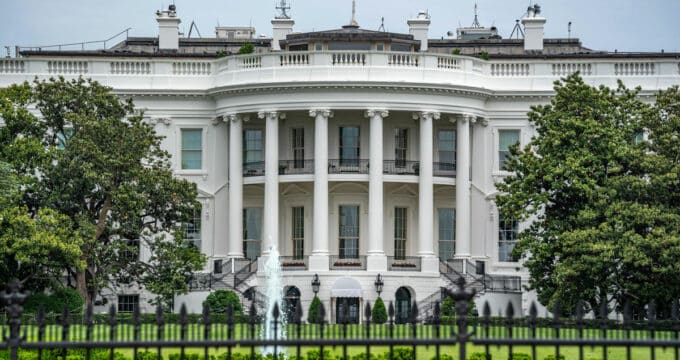US federal court issues injunction against latest travel ban
A US federal court has again moved to block a travel ban against citizens of six Muslim-majority countries. As we reported last month, US President Donald Trump issued an executive order on 24 September outlining new or updated restrictions on travellers from eight countries, including Iran, Venezuela, and North Korea. This latest ban was meant to come into effect on 18 October, and would have effectively updated the US government’s previous restrictions on travellers from the following Muslim-majority countries: Iran, Libya, Somalia, Syria, Yemen, and Chad. However, only a day before it was due to come into force, the United States District Court for the District of Hawaii issued a ruling on 17 October that granted a nationwide temporary restraining order against the ban. On 21 October, that restraining order was converted to a preliminary injunction. The court’s injunction prevents US authorities for implementing the ban for the six Muslim-majority countries named in President Trump’s executive order. North Korea and Venezuela are unaffected by the ruling, but only because the plaintiffs in the case that had sought the restraining order did not ask for any provisions for citizens of those two countries. “[The 24 September executive order, or “EO-3”] suffers from precisely the same maladies as its predecessor,” said Judge Derrick K. Watson in his ruling. “It lacks sufficient findings that the entry of more than 150 million nationals from six specified countries would be ‘detrimental to the interests of the United States…And EO-3 plainly discriminates based on nationality in the manner that the [court] has found antithetical to both [the relevant US legislation] and the founding principles of this Nation.” Interestingly, the judge particularly singled out the impact on US higher education should the ban be put in place. “Plaintiffs allege that EO-3 will hinder the University [of Hawaii] from recruiting and retaining a world-class faculty and student body. The University has 20 students from the eight countries designated in EO-3, and has already received five new graduate applications from students in those countries for the Spring 2018 Term. It also has multiple faculty members and scholars from the designated countries and uncertainty regarding the entry ban ‘threatens the University’s recruitment, educational programming, and educational mission.’” The White House was quick to respond to the ruling, and said in a formal statement on 17 October: “Today’s dangerously flawed district court order undercuts the President’s efforts to keep the American people safe and enforce minimum security standards for entry into the United States…These restrictions are vital to ensuring that foreign nations comply with the minimum security standards required for the integrity of our immigration system and the security of our Nation. We are therefore confident that the Judiciary will ultimately uphold the President’s lawful and necessary action and swiftly restore its vital protections for the safety of the American people.” Needless to say, the proposed travel ban had found little favour among US educators, with most peak bodies in America speaking out against it in advance of the planned implementation date of 18 October. In the wake of this latest court ruling, major stakeholders in the US were also quick to support the injunction. “We applaud the judges’ orders, which mean—for now—the administration cannot restrict the entry of students to our institutions,” said NACAC President David Burge. “US universities have been feeling the negative effects of the travel ban since it was first issued in March, with fewer students inquiring and applying to our high schools and colleges. Any new policy will only continue the trend.” “Talented students, regardless of their country of origin or religious affiliation, have a profound impact on American campuses and only serve to make our educational system stronger,” Mr Burge added. “Any policy that limits participation from international students both negatively affects the international students themselves, most hoping for nothing more than a better life, but also reduces the educational value for American students who stand only to gain through a diverse academic experience.” For the moment, the injunction sets up a further legal battle around the proposed travel ban. The US Department of Justice has said it will appeal the ruling and we can expect further hearings in Hawaii as the case proceeds. In the meantime, another US federal court, this time in Washington State, is also expected to hear arguments on 30 October in a separate legal action brought against the ban. For additional background, please see:
Most Recent
-
ICEF Podcast: Together for transparency – Building global standards for ethical international student recruitment Read More
-
New analysis sounds a note of caution for UK immigration reforms Read More
-
The number of students in higher education abroad has more than tripled since the turn of the century Read More
















